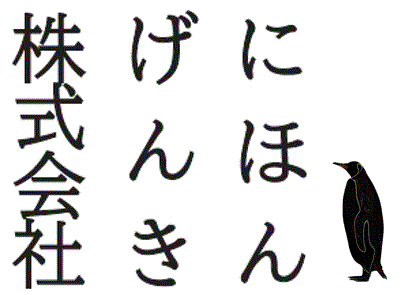top of page


100通り
冗談じゃない。
僕らは何でもアリだ
カラダを使って
自由に遊んで
自由に考えて
自由になんだって話す
いつだって100通り
自由に歌って
聴いて、分かって、驚いて
好きになる
夢見る数だけ世界はある。
夢見る数だけ発明だって
愉快にお手のモノだ。
僕らは、何だって自由で、アリなんだ
方法や答えは、いつでも100通り。
*
でも、99通りの方法ははいつの間にやら、
なかったことにされてしまう
どうして?
学校でも社会でも、アタマとカラダを分けろって言われるから
例えば
「結果はわかってる」
「ためすなんてバカなことをやらずに、理解しろ」
「興奮しても机から離れるな」
「疑わず、考えず、指示通りに行動しなさい」
「好きとか嫌いとか、きいていません」
「ふざけてないでください」
「ふらふら寄り道しない」
「びっくりしても、声に出しちゃダメ」
「黙って聞きなさい」
「ふざけていいのは、年に2回の”お楽しみ会”だけ」
あそびと仕事、空想や夢と、現実。ごっちゃにしては、ロクな大人になりません
空と大地は一緒にはなりません
いいですか?正しい答えや方法は”ひとつ”ですよ
てな具合に、頭ごなしに言ってくる
*
だから、僕たちはこう言うんだ
冗談じゃない! そんなの誰が決めた?
答えや方法は100通りだって、ね
*
ロリス・マラグッツィ(レッジョ・エミリア・アプローチの創始者)
レラ・ガンディーニ訳
日本語訳:原山拓也
The Hundred Languages
No way. The hundred is there.
The child
is made of one hundred.
The child
has a hundred languages
a hundred hands
a hundred thoughts
a hundred ways of thinking
of playing,of speaking.
A hundred always a hundred ways
of listening of marveling,
of loving a hundred joys
for singing and understanding
a hundred worlds
to discover a hundred worlds
to invent a hundred worlds to dream.
The child has a hundred languages
(and a hundred hundred hundred more)
but
they steal ninety-nine.
The school and the culture
separate the head from the body.
They tell the child:
to think without hands
to do without head
to listen and not to speak to understand without joy
to love and to marvel
only at Easter and at Christmas.
They tell the child:
to discover the world already there
and of the hundred
they steal ninety-nine.
They tell the child:
that work and play
reality and fantasy
science and imagination
sky and earth
reason and dream
are things
that do not belong together.
And thus they tell the child
that the hundred is not there.
The child says:
No way. The hundred is there.
*
Loris Malaguzzi,
Founder of the Reggio Emilia Approach
(Translated by Lella Gandini)
bottom of page

